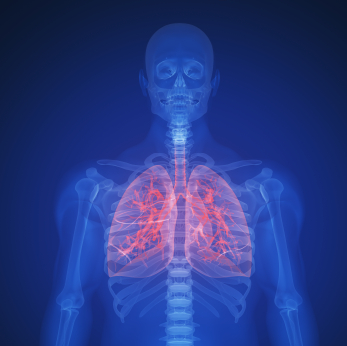An international team of researchers have published data in The Lancet showing that 18% of deaths worldwide among children under the age of five years are caused by pneumonia. The second leading cause of death amongst this age group is the result of premature birth complications and the third leading cause, adding up to 0.8 million children, is diarrhoea.
Total deaths among under-fives worldwide declined  in the first decade of the millennium but in 2010, a shocking 7.6 million children died before reaching their fifth birthday. Of these, 1.4 million died as a result of pneumonia despite numbers of children contracting the disease dropping. The results of the survey are used by the Millennium Development Goal of the United Nations to reduce childhood mortality amongst a number of infectious diseases. The numbers of children continuing to die from pneumonia and diarrhoea mean that the Millennium Development Goals for these conditions have not been met although deaths from AIDS, measles, tetanus and malaria (in Africa), declined sufficiently to meet the goals set by the UN.
in the first decade of the millennium but in 2010, a shocking 7.6 million children died before reaching their fifth birthday. Of these, 1.4 million died as a result of pneumonia despite numbers of children contracting the disease dropping. The results of the survey are used by the Millennium Development Goal of the United Nations to reduce childhood mortality amongst a number of infectious diseases. The numbers of children continuing to die from pneumonia and diarrhoea mean that the Millennium Development Goals for these conditions have not been met although deaths from AIDS, measles, tetanus and malaria (in Africa), declined sufficiently to meet the goals set by the UN.
The authors wrote that “more rapid decreases from 2010–2015 will need accelerated reduction for the most common causes of death, notably pneumonia and preterm birth complications.”
Pneumonia is an infectious disease resulting in inflammation of the lungs. This leads to the patient struggling to breathe and coughing and a reduced ability to absorb oxygen which can lead to fatal respiratory failure. For more information about this common chest infection, Consultant Respiratory Physician, Dr Lieske Kuitert, has written specialist advice on Treating Pneumonia.


